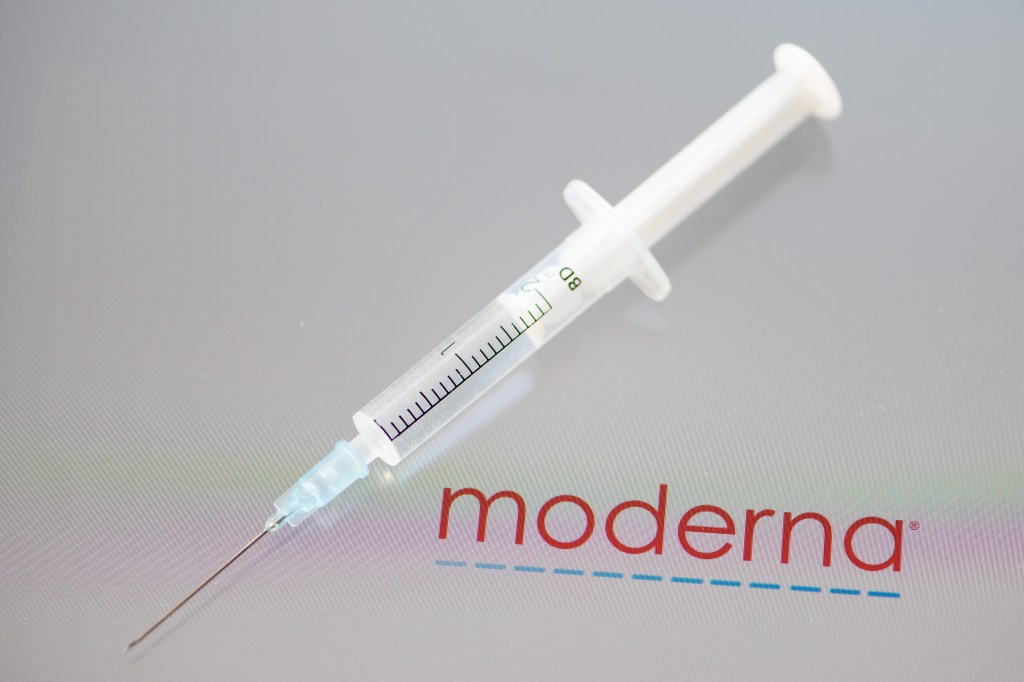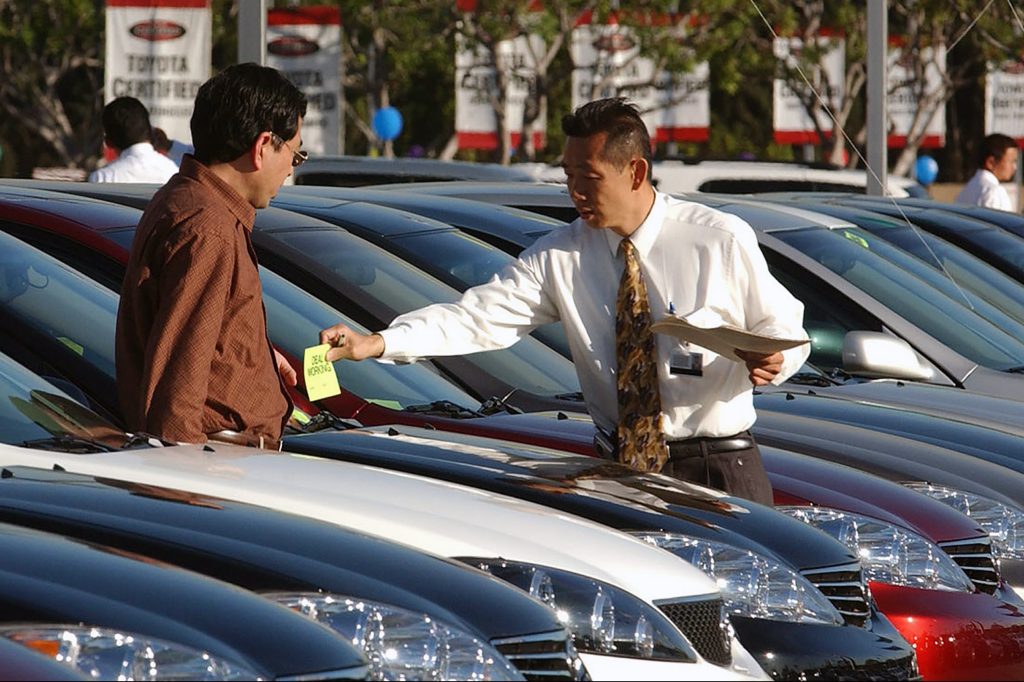Car dealerships in North America are still wrestling with major disruptions that started last Wednesday with cyberattacks on a company whose software is used widely in the auto retail sales sector.
CDK Global, which provides software to nearly 15,000 auto dealers in the US and Canada, was hit by back-to-back
For
Register for free to keep reading
To continue reading this article and unlock full access to GRIP, register now. You’ll enjoy free access to all content until our subscription service launches in early 2026.
- Unlimited access to industry insights
- Stay on top of key rules and regulatory changes with our Rules Navigator
- Ad-free experience with no distractions
- Regular podcasts from trusted external experts
- Fresh compliance and regulatory content every day













